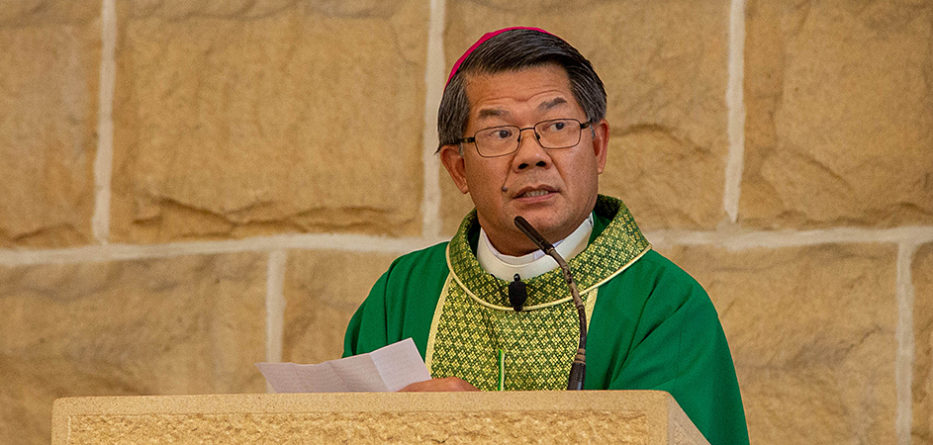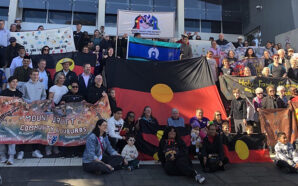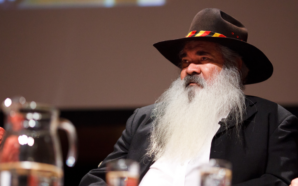Most Reverend Vincent Long Van Nguyen OFM Conv DD STL, Bishop of Parramatta
Homily for the Third Sunday in Ordinary Time
Readings: Nehemiah 8:2-10; 1 Cor 12:12-30; Luke 1:1-21
My dear friends,
Rebuilding our lives in the wake of a traumatic experience such as separation, death, job loss, relocation etc can be painful. Nevertheless, it also provides us with an opportunity to remake ourselves into more resilient, resourceful, relatable and ultimately better people.
This is also true of society and the Church. As we recover from the pandemic, it is hoped that we will not simply return to the patterns of behaviour that cause environmental, economic and social damage. The Church too must set itself to the task of rebuilding in the wake of the sexual abuse crisis. We must reclaim what Christ stands for, or we will forfeit our mission of being the light of the world.
The Word of God this Sunday inspires us in this task. It helps us to come to terms with our present situation and live it with courage, faith and hope. It speaks of crisis and opportunity, of new life through painful transitions. It also encourages us to be vigilant, to hold firm and not to lose heart.
In the first reading, we heard the moving account of the gathering of people in front of the ruined temple in Jerusalem. Ezra the priest gathered them there to pray and to discern their way forward after they had returned home from a long and harrowing exile. They were battered, perplexed and demoralised. He had the Torah read out to them and interpreted its meaning for them. He summoned their courage, strengthened their faith and kindled their hope in the God of faithfulness and love. He opened their eyes to the mystery of God’s unfolding purpose.
Whether it was Egypt or the land of promise, whether it was the exile or the homeward return, God’s purpose was to sanctify them, to make them into a people worthy of his image. Ezra managed to instil new confidence into a very shaken people: “Today is holy to our Lord,” he said, “Do not be sad and do not weep; for the joy of the Lord is our strength”. God’s people, humbled and cleansed by the exile, are summoned to rebuild themselves into a model society. This nation-building project is not a restoration of their former status. Rather it is a realisation of God’s plan for them, one in which the care of the most marginalised was to be the essential distinguishing feature. Only then will they be fulfilling their destiny.
This is a sobering and poignant lesson for the Church as we too are committed to a rebuilding project. We have much to learn from our ancestors in faith. In the spirit of humility and repentance, we need to relearn how to be the sacrament of God’s compassion and care for the powerless. We need to enact that same rallying call to bind up broken hearts, to proclaim freedom to captives and comfort all those who mourn.
This is the Church that Jesus too wants of us. I often wonder how Jesus found this particular passage of Isaiah instead of other scriptural lessons in the scroll. It could have been a prohibition against food or sex which the book of Leviticus alone lists 76 items. It could have been a less inspiring text. What Jesus found and proclaimed in the synagogue that day was God’s deliberate intent and purpose for him. His mission would be directed to those on the margins.
In prioritising the poor and the marginalised, he fulfilled the law and the prophets. The Good News that he proclaimed and embodied was about the God who empowers the powerless for a life of grace and dignity. This is why we hear stories of Jesus befriending and socialising with the tax collectors and sinners; we see him breaking social taboos and expanding the boundaries of human love.
My dear friends,
Like Jesus, today is also the day we commit ourselves to our personal manifesto, that is, our fundamental purpose and mission in life. We may have different roles to play, as St Paul tells us in the second reading, but we are all united in one purpose and mission: to build up the body of Christ and to make the presence and love of God more and more deeply felt in our lives. We are called to be channels of God’s mercy, to open our hearts to those living on the outmost fringes of society, to heal their hurt and brokenness.
In many ways, we are like the returned exiles who gathered around the temple and committed themselves to the task of rebuilding their covenanted community. In the wake of the sexual abuse crisis, we must be a humble, poor, servant and inclusive Church that Pope Francis, the new Ezra is leading the way. The brokenness of the exile, the brokenness of the crucifixion and ours have one thing in common: it can be a venue for rebirth and new possibility. May we as the body of Christ be transformed into the conduit of mercy, the sign of hope and the voice of conscience for our society.








